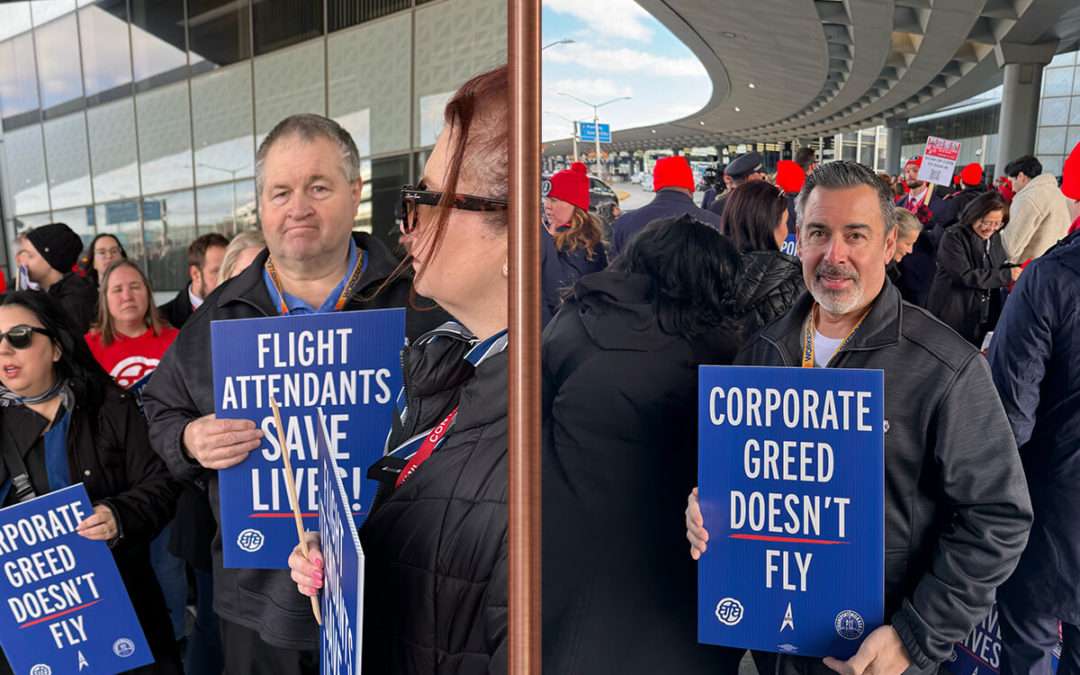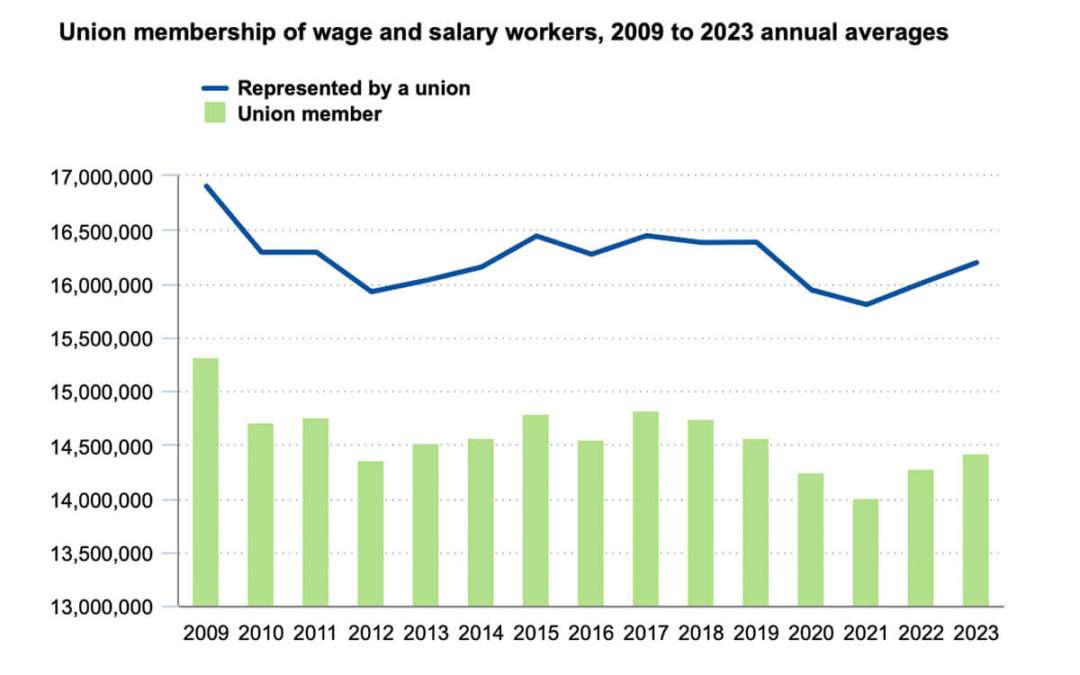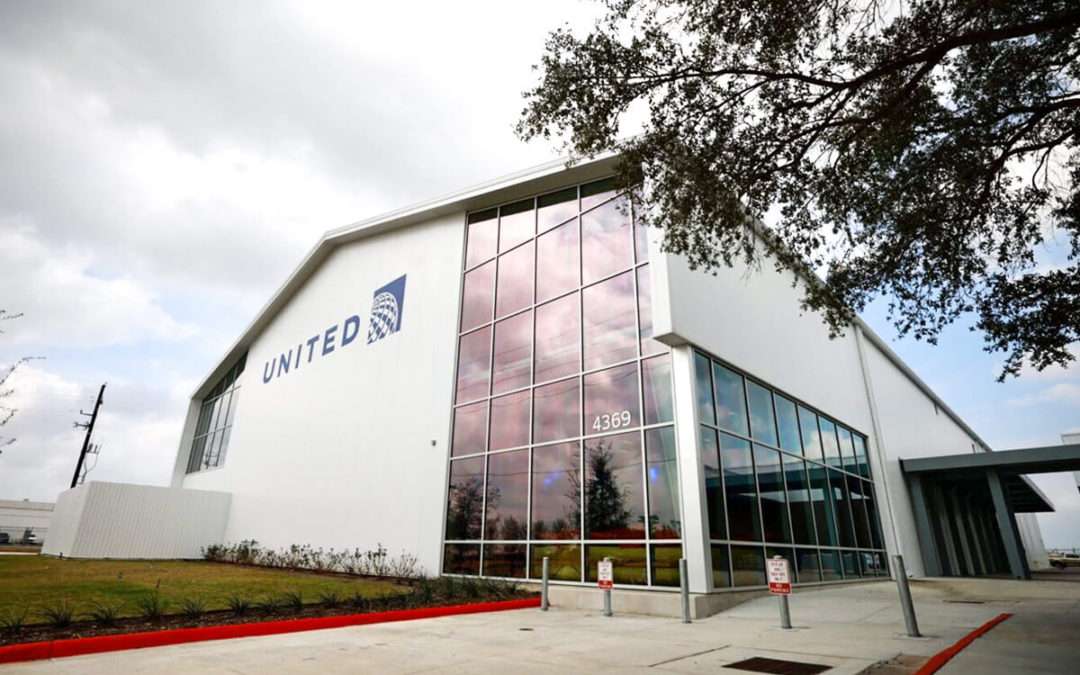
by Eric Price | Feb 14, 2024 | Featured News, Front Page, MNPL, Recent News, Row 2
Machinists Union Stands in Solidarity with Flight Attendants in Nationwide Day of Action Pictured: Assistant General Chairs Erik Stenberg (left) and Mike Cyscon. Machinists Union Stands in Solidarity with Flight Attendants in Nationwide Day of Action IAM141.org 14...

by Eric Price | Feb 8, 2024 | Community Service, EAP, Featured News, Front Page, Helping Hands, Recent News, Row 2
February Helping Hands: Financial Health EAP Peers: February is often a month that people are struggling with finances after the holidays. We focus on a government agency that has some terrific resources – the Consumer Finance Protection Bureau. This...

by Eric Price | Feb 6, 2024 | Community Service, Education, Featured News, Front Page, Other News, Recent News, Row 2
$8,000 in Scholarships are Now Available! $8,000 in Scholarships are Now Available! IAM141.org 6 February 2024 District Lodge 141 is excited to announce the commencement of its 2024 Adolph Stutz Memorial Scholarship Essay Contest! The essay competition is designed to...

by Eric Price | Feb 6, 2024 | Featured News, Front Page, MNPL, Recent News, Row 2
Bureau of Labor Statistics: Union Pay Gap Expands in 2023 Bureau of Labor Statistics: Union Pay Gap Expands in 2023 IAM141.org 6 February 2024 WASHINGTON DC – According to the February report from the Bureau of Labor Statistics, union membership in 2023 held...

by Eric Price | Jan 30, 2024 | Featured, Featured News, Front Page, Recent News, Row 2, United
$32 Million into IAH Stores Expansion United Invests $32 Million into IAH Stores Expansion IAM141.org 30 January 2024 HOUSTON / IAH: United Airlines is planning to expand its Stores operation in Houston, which, when completed, will be the largest Stores facility at...

by Eric Price | Jan 24, 2024 | Front Page, MNPL, Perusals, Recent News, Row 2, United
Air Rage: Congressman Crenshaw Loses it Over Pet Carrier Air Rage: Congressman Crenshaw Loses it Over Pet Carrier IAM141.org 24 January 2024 Tara Blake, the wife of Texas Congressman Dan Crenshaw (R-Houston), has gone viral for a video in which she appears to...







